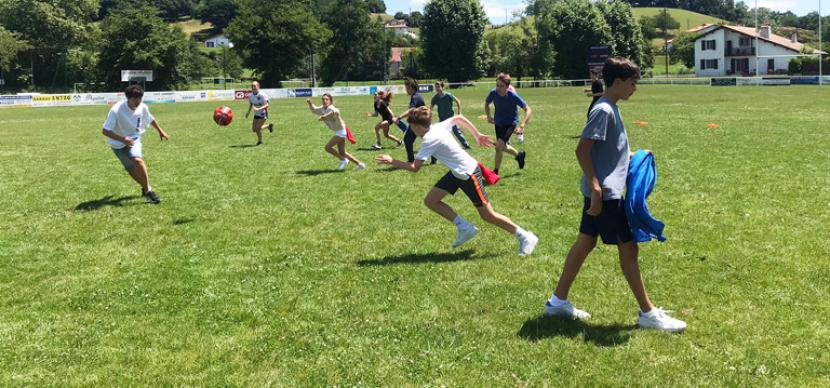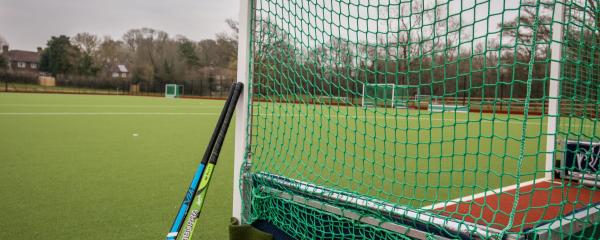How English Can Help Your Career in Sports

English is an important skill to have if you are looking to start a career in athletics, even if you don’t live in an English-speaking country. Considering how often athletes are required to travel for sporting events and competitions, it is helpful to know a language that allows them to communicate with reporters and other international teammates. So how can English specifically benefit your career in sports and your life-long dream to be a football player or an Olympic athlete?
Communicate with international teammates
Imagine moving away from your home country to an English-speaking continent to play a professional sport. It's a truly exciting but nerve-wracking experience. You may already have a basic understanding of the language, but now you are in a position where you have to speak and understand it every day when you go to work. A good grasp of English sets you up to feel comfortable in a variety of environments, whether you're moving to to the US to play baseball, to Australia to play Aussie rules football, or to the UK to play good old-fashioned football.
Spanish footballer and world cup champion David Villa did this very thing when he moved to Australia to play for the Melbourne City Team. After Melbourne, David jetted over to New York to play for the New York City FC in Major League Soccer. In both of these locations, David took English courses with Kaplan because he realized how much English could not only ease the transition to his new home, but also improve his career and allow him to relate with his new teammates and lifestyle.
As the team captain, David needed to be able to communicate with his teammates, and they all spoke English. Learning English helped ease David into the transition of playing for an English-speaking team, opening up the opportunity to communicate with supporters and adapt to the local culture. And now, if he moves to another team with a mix of players from different countries, knowing English is useful because it is a common language of communication between international players.
Communicate with fans and the media
It is estimated that over 2 billion people in the world speak English, so it is a useful language to know when you are traveling to another country for a large-scale sporting event. The 2012 London Summer Olympics brought athletes from all over the globe to a culturally thriving metropolitan city. For Kazakhstani double Olympic champion Ilya Ilyin, competing in London was an inspiration, sparking a desire to improve his English after falling in love with the city.
“When you travel so much in the world, English is something you must know, it can open new doors for friendships and professional connections.”
Ilya
If you have a career as an internationally acclaimed athlete, you will be traveling for competitions, and it is helpful to know English in order to build professional connections along the way. Many Gold Medal Olympians work with international brands, which requires the ability to communicate with a global audience. For Ilya, it was important to be able to communicate with other professionals in his field.

Navigate a new city and communicate with locals
Traveling for work can be exhausting, even in your own country. Now imagine how often you would have to travel for a competitive sport like surfing, chasing the best waves on beaches all around the world. Many of these beach towns are small, close-knit communities, and coming in as a foreigner that does not speak the language can seem daunting. For some athletes, they find the time to learn English while traveling for work, balancing their professional activities with their extracurricular ones.
Robson Santos, a 25-year-old professional surfer from Brazil, managed to fit in the time to study English at Kaplan’s Sydney Manley school in Australia while competing in the Australian Open. Whether he was talking with flight attendants on the plane over, asking for directions from the airport, or communicating with locals to navigate whatever city he was competing in, he was able to use English to connect with people all over the world. Studying in Australia allowed him to work and learn English at the same time, and the environment was perfect for an ocean-loving student like him.
Whether you’ll be meeting fans after a big game, getting interviewed by an international sports channel, or just finding your way from the airport to your hotel, English is the language that is most commonly understood on a global scale. It is an invaluable tool for athletes. Our students love to learn and explore the world while they are developing a valuable skill. Are you looking to jumpstart a career in athletics? Take from these examples and get started!
 617 275-5955
617 275-5955



